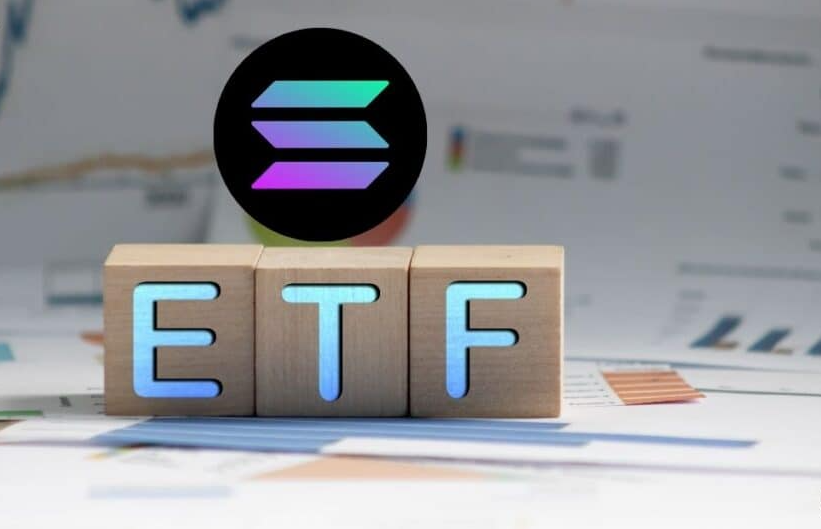This outflow marks the largest for Solana (SOL) investment products, is mainly due to a drop in meme coin trading volumes reliant on SOL.

At the end of the previous week, the outflows of Solana (SOL) reached an all-time high of $39 million. This development has occurred amidst broader market fluctuations impacted by recent macroeconomic data.
Furthermore, it may make the regulatory concerns related to the spot Solana ETF applications that VanEck and 21Shares have submitted even more severe. The enormous outflows of Solana have raised questions across the cryptocurrency ecosystem.
Solana Outflows Surge Unprecedentedly
According to the information provided by CoinShares, the negative flow of $39 million represents the largest amount ever recorded for SOL investment products. We can specifically attribute this outflow to a significant decrease in meme coin trading volumes, a market area heavily dependent on SOL.
During the time that Solana was struggling with massive outflows, other cryptocurrencies saw a range of possible outcomes. Over the course of the past week, digital asset investment products experienced a total of thirty million dollars in small inflows.
It is important to note that this seemingly insignificant number conceals a considerable variance between various assets and areas. The cryptocurrency known as Bitcoin (BTC) emerged as the most important benefit, earning a total of $42 million in new investments.
Therefore, this suggests that investors continue to have faith in spot Bitcoin ETFs and the price of BTC. On the other hand, short-Bitcoin exchange-traded funds (ETPs) received withdrawals totaling one million dollars for the second week in a row.
Taking this into consideration, it appears that investors are less likely to bet against the performance of Bitcoin in the current market environment. During this time, Ethereum (ETH) experienced a total of $4.2 million in inflows, while Solana experienced withdrawals.
However, this figure conceals a lively exchange of information between suppliers. New entrants into the Ethereum exchange-traded fund (ETF) industry witnessed significant inflows of $104 million.
However, Grayscale’s ETH products witnessed massive withdrawals totaling $118 million. These outflows were significantly larger than expected. The uncertainty surrounding the prospects of the SOL ETF has compounded with the negative attitude that has been growing in response to Solana’s outflows.
VanEck and 21Shares withdrew the SOL ETF filings from the Chicago Board Options Exchange (Cboe) website a short while ago. This action has raised concerns about the regulatory bodies’ approval of these investment products and their future prospects.
There was a lot of conjecture regarding the position that the Securities and Exchange Commission (SEC) of the United States would take on these products. Last but not least, in late June, both businesses submitted S-1 paperwork for spot Solana exchange-traded funds.
As a result, the SEC provided further clarity regarding the authorization of nine spot Ethereum exchange-traded funds (ETFs). However, the SEC did not issue notice of filings for these SOL exchange-traded funds (ETFs).
This led to discussions among prominent industry experts about the rejection or complete withdrawal of the 19b-4 filings. The 19b-4 submission is an essential stage in the process of approving ETFs to provide background.
A self-regulatory entity, such as an exchange, proposes a rule change in the file. The Securities and Exchange Commission (SEC) normally creates a window of 240 days to reach a decision following the submission of such documents.
Mr. Scott Johnsson, who serves as the General Counsel at Van Buren Capital, provided a critical commentary regarding the circumstance.
He made the following statement: “I’m assuming Gary [Gensler] notified Cboe that these SOL applications were improperly filed as commodity-based trust shares because he believes that SOL is not a commodity, which eliminates the requirement for the SEC to provide a formal written disapproval order.
Nate Geraci, the President of ETF Store, also verified the removal of the ETF filings during this period. Additionally, he voiced his doubts regarding the clearance of SOL ETFs in light of the current regulatory environment.
Moreover, the most recent outflows from Solana have resulted in increased uncertainty since the level of interest in SOL investment products has decreased.
Matthew Sigel, who is the Head of Digital Assets Research at VanEck, had previously expressed his disapproval of the United States’ regulatory authorities for falling behind nations such as Brazil, which had already approved spot SOL ETF. He claimed that the United States of America requires a regulatory “soft fork” in order to approve the Solana ETF.
